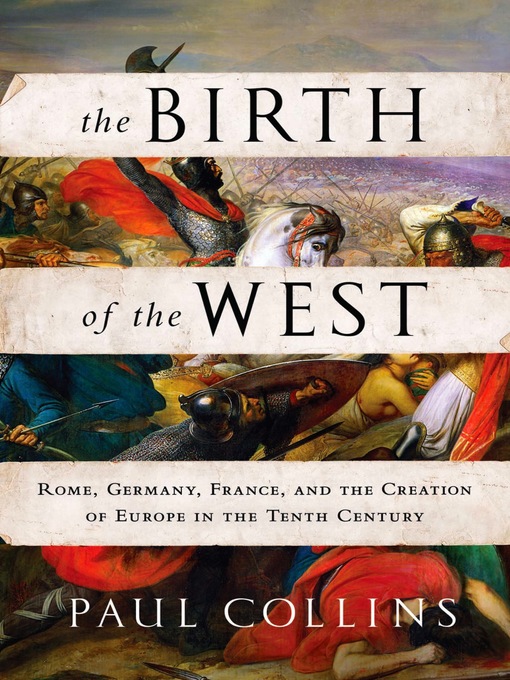- Women's History Month 2025
- Women Write Fiction
- New eBook additions
- Available now
- Most popular
- Childhood Classic eBooks
- Dyslexia
- Unmissable Picture Books
- Try something different
- Crime Doesn't Pay
- Novella & Short Story Classics
- Read-Along
- Out-of-this-world Sci-Fi
- See all ebooks collections
- Women's History Month 2025
- Women Write Fiction
- New audiobook additions
- Books on Film
- Try something different
- Available now
- Read by a Celeb
- Most popular
- New kids additions
- New teen additions
- Interesting Lives: Memoirs & Biographies
- Crime Doesn't Pay
- Popular Audiobooks
- See all audiobooks collections



